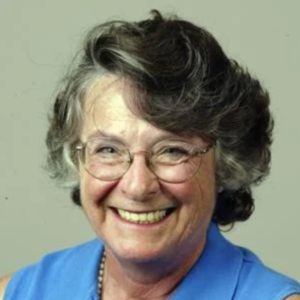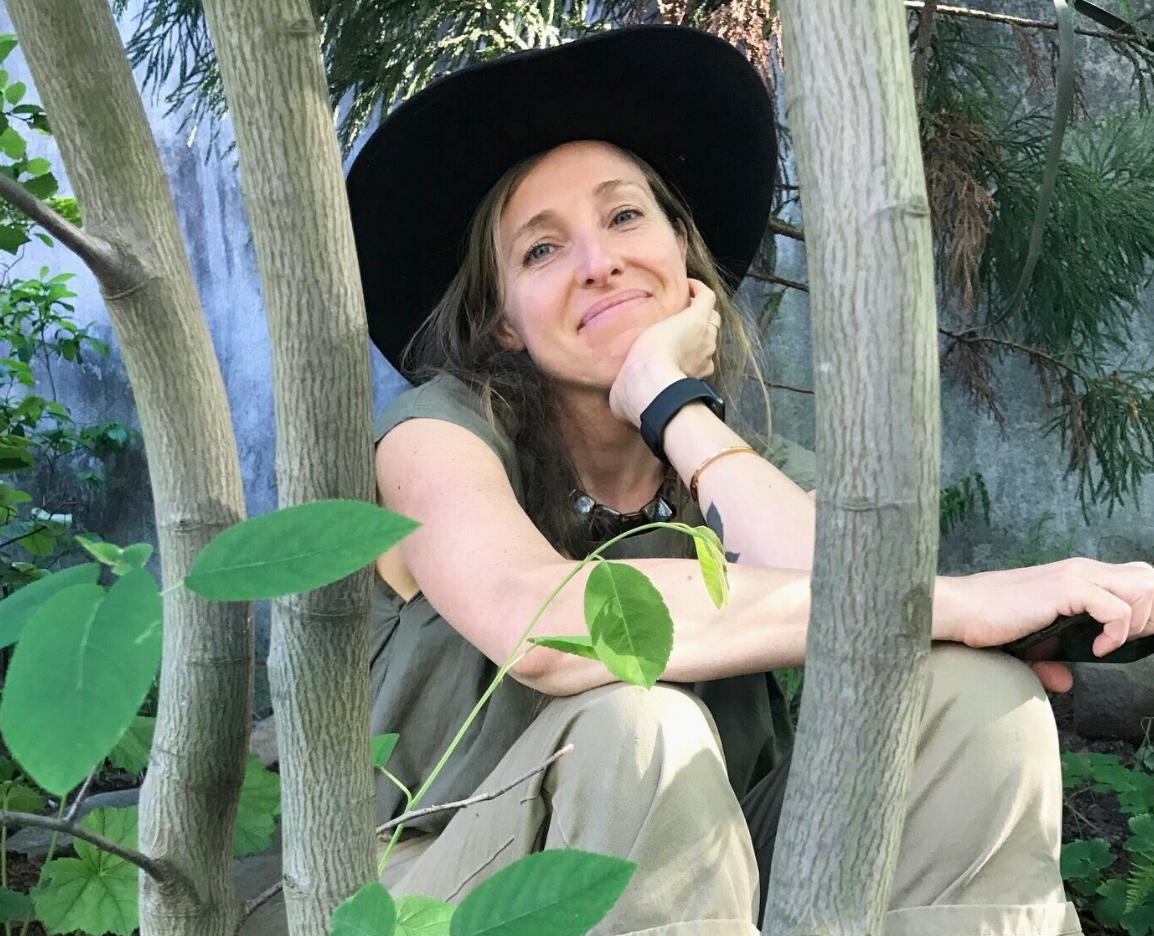Grab ten of the top-rated recordings from our 2024 Advanced Education Conference!
We’ve selected ten of the top recordings to help you boost your gardening knowledge and skills. You can purchase these recordings through May 15, 2025, and you’ll have access to watch them until June 1, 2025. This includes the keynote by Rebecca McMackin, a globally renowned horticulturist and garden designer, who will share insights on research-based gardening and environmental stewardship.
These recordings provide fantastic learning opportunities with top-notch classes and instructors. They support the WSU Extension Master Gardener Program’s mission to empower and sustain diverse communities through relevant, unbiased, research-based horticulture and environmental stewardship education. Plus, WSU Extension Master Gardeners can earn Continuing Education (CE) hours to enhance their ability to teach sustainable horticulture skills across Washington.
The recordings package includes the following classes:
Ticket Price
General:
$49
Once you purchase your ticket, keep an eye out for an email from Eventbrite with a link to view the recordings. They will be available to watch at your leisure until June 1, 2025.
2024 Keynote: Adventures in Ecological Horticulture
Who doesn’t love butterflies? Our gardens can be stunningly beautiful while also providing habitat for the wildlife that enriches our lives. Indeed, in these dire times, garden design and management must consider the many other organisms that use our land. However, traditional landscaping practices rarely take biodiversity into consideration, and there is a dearth of effective guidelines to follow.
For ecological horticulturist Rebecca McMackin cultivating habitat is central to landscape management.
In her 11 years as Director of Horticulture at Brooklyn Bridge Park, Rebecca oversaw 85 acres of diverse, organic landscapes, all managed to support birds, butterflies, and soil microorganisms. If she can do it in the middle of New York City, you can do it in your garden.
Join us to learn how to use ecological insight and experimentation to develop new management strategies – and why careful observation and documentation of the insects, birds, and other wildlife in your gardens is crucial to their success.

Natives, Cultivars, Perennials: What Plants are Best for a Changing Climate
Instructor, Molly van der Burch
Discover the unique traits of natives, cultivars, and perennials. Explore how they vary in attracting pollinators, adding biodiversity, and demonstrating climate readiness for a drier Pacific Northwest region. Recorded session.

Native Bees and the Washington Bee Atlas
Instructor, Karen Wright
There are at least 600 species of bees in Washington state! Karen Wright will be talking about basic bee biology and the diversity of bees in the Pacific Northwest. Most native bees are very different to the European honeybee. She will then give an introduction to the new Washington Bee Atlas (WaBA) that was formed in 2023.

From Scraps to Soil: Mastering the Art of Composting
Instructor, Bonnie Orr, PhD
Compost is a soil amendment that enhances water retention and soil structure. Compost creates a biologically healthy soil by providing for earthworms, soil insects and microorganisms. In this engaging class with Dirt Diva, Bonnie Orr, you will learn how to compost safely.

How Climate Change Will Impact Life and Gardening in the 21st Century Urban Environments
Instructor, Dr. Paul Hessburg
Climate change is rapidly altering the conditions and lifestyles of people in the American West. Impacts range from extremely dry and hot summers, to warmer winters, reduced winter snowpack, rain on snow events, earlier spring and later fall seasons, longer summers, and flash and long duration droughts. These changes will continue for the foreseeable future and they will intensify with time.

Soil: What it is and How it Works
Instructors, James Cassidy
You will learn what soil REALLY is and why it not only makes your garden possible but how it makes everything possible!!!

How to Adapt Your Home Landscape to Changing Conditions in the Wildland Urban Interface
Instructor, Al Murphy
Climate Change impacts the vegetation around your home in the Wildland Urban Interface and how to cope to those changing conditions with the adaptable vegetation to increase the probability of the survival of your home in the event of a wildland fire.


Mason Bees: How to Properly Care for Them in Your Garden
Instructors, Thyra McKelvie, Briana Price
Millions of bee hotels are purchased every year, but not many people realize they require annual maintenance. The lack of proper care can unintentionally harm bee health.

Food Systems and Climate Change
Instructor, Joan Qazi
Food systems are both a cause and a solution for our changing climate. In this session, we will discuss the ways that our food systems contribute to greenhouse gas emissions and how we might focus on robust local food systems, plant-based diets, reduced food waste, and healthy soils as a mitigation strategy against the higher temperature projections of global warming.

Landscaping for Birds and Wildlife
Instructor, Betsy Dudash
Learn about the key elements that make a landscape hospitable to birds and other wildlife, including pollinators: habitat and shelter, including protection from predators; food sources through the seasons; fresh water; and areas for foraging, socializing, and bathing.

